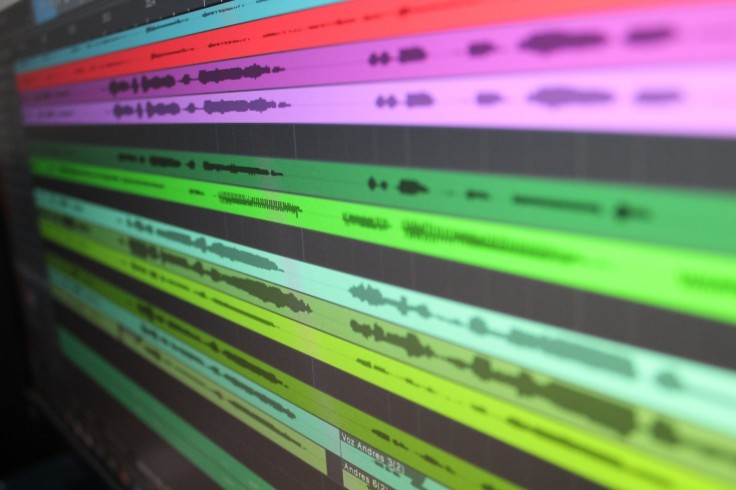
AI Generated music has become increasingly prevalent on websites and social media platforms such as X (formerly Twitter), Youtube and Tik Tok. While the use of AI in music is most prominently utilized to create humorous content-as many Tik Tok users can attest to having their feeds inundated with covers of popular songs covered by any number of "singers" ranging from Eric Cartman of South Park belting a rendition of "I Have Nothing" by Whitney Houston, which became a viral trend earlier this year, to Kanye West singing opening themes from popular anime series, the views these covers are able to amass, often in the tens of millions, are no laughing matter.
However, the legality of these AI generated covers remains tenuous, as there is no clear legal precedent of infringement claims for this still-emerging technology. Earlier this year, an anonymous songwriter known by the moniker of Ghostwriter released a song titled "Heart on My Sleeve" featuring the vocal talent of rapper Drake and singer-songwriter The Weeknd-the twist? Drake and The Weeknd had no knowledge of their involvement. The song quickly gained traction and went viral soon after its release, opening a dialogue surrounding the ethics and legality of songs that use AI to replicate vocals from well-known and respected musicians.
Writing for The Verge, author Mia Sato comments on the complicated question of legitimacy regarding AI Music: "Music industry power players are already getting other AI-generated music pulled from streaming services by citing copyright infringement. But that argument is far from straightforward, legal experts say. There's no precedent for whether real Drake can stop robot Drake on the basis of copyright - and yet copyright has once again become the most effective way to yank something off the internet that someone doesn't like."
Indeed, copyright strikes are a common tool utilized by record labels, distributors and other media entities to crack down on instances of copyright infringement, though the strikes are, unfortunately, often used to remove content that is not violating intellectual property laws. The use of copyrighted material for one's own is protected by the Fair Use Doctrine, which allows the use of copyrighted material for "specific purposes - including criticism, comment, news reporting, teaching, scholarship, or research..." depending on four specific factors: The purpose and character of the use, the nature of the copyrighted work, the amount and substantiality of the portion used in relation to the copyrighted work as a whole, and the effect of the use upon the potential market for or value of the copyrighted work.
Still, this does not give us a definitive answer regarding the legality of using someone else's voice-while many works that utilize copyrighted materials are protected if they are considered to be "transformative," for example, operating as a parody or criticism of the original work, or if the work is used to create something new and distinct from its original incarnation, using someone's likeness, or more specifically their voice and celebrity status, is more complicated.
Ghostwriter submitted "Heart On my Sleeve" for consideration for the 66th Annual Grammy Awards earlier this year despite contention. Entertainment Weekly reported on the Recording Academy's stance, stating that while only human creators are eligible to be considered, nominated and awarded, "Heart On my Sleeve" had only been submitted in categories concerning songwriters and not song performers, which would mean Ghostwriter was eligible for consideration as the song's writer and producer. However, this stance was retracted by Recording Academy boss Harvey Mason Jr. himself, stating: "Let me be extra, extra clear. Even though it was written by a human creator, the vocals were not legally obtained; the vocals were not cleared by the label with the artists; and the song is not commercially available. And because of that, it's not eligible."
With the rise of musicians who use AI to create songs sung by copyrighted characters, like the increasingly popular songwriter Glorb, who uses the voices of characters from Spongebob Squarepants for uncompromising and often violent rap music, many of us are left wondering if AI music will be snuffed out or if the trend is here to stay.
© 2026 MusicTimes.com All rights reserved. Do not reproduce without permission.







